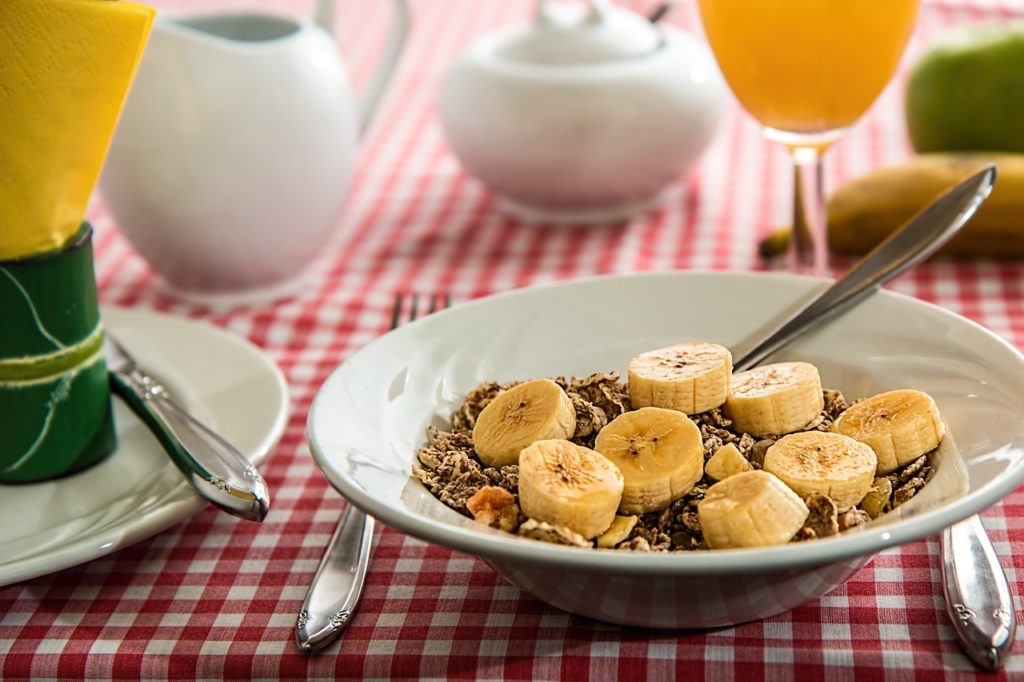The shocking truth about many “healthy” diets
Attention “healthy” eaters: Your diet may not be as healthy as you think.
We tend to make certain assumptions about diet: If it’s organic (or all-natural), it’s good for us. A meatless diet is a healthy diet. Vegans are all skinny.
People, this isn’t necessarily so! Junk food comes in all varieties, including organic, raw, and vegan. And simply eliminating certain foods or classes of foods from your diet does not automatically yield a balanced, nutritious diet.
Nutrition counselors are reporting an increase in the number of obese vegans, including children. Their diets are found to be extraordinarily high in sugar, fat, refined carbohydrates and highly-processed junk food. Ironically, many vegans don’t eat anywhere close to the recommended servings of fruits and vegetables.
Scientists also make false assumptions about “healthy” diets. A study recently published in the International Journal of Obesity notes that “A food pattern rich in vegetables is associated with lower risk of obesity and non-communicable chronic disease in Western countries.”
However, the researchers went on to discover that in certain parts of China a diet rich in vegetables is linked to increased rates of obesity. Why? The researchers concluded that it’s because all those healthy vegetables are stir-fried in oil, which makes these vegetable-rich diets higher in calories.
But as pointed out by numerous nutrition influencers, vegetable-rich diets weren’t all that much higher in fat or calories. They were, however, substantially higher in refined carbohydrates. Whatever the explanation, it’s clear that eating more vegetables doesn’t necessarily make your diet healthier.
Or, consider recent studies, which found that a “Prudent” diet pattern (higher in low-fat dairy, whole grains, fruit and fruit juice, legumes, and vegetables) were associated with an increased risk of breast cancer. A “Mediterranean” diet pattern (higher in liquor consumption, poultry, seafood, vegetables, salad greens, and high-fat salad dressings) was associated with a lower risk of breast cancer.
This is, of course, a very surprising result that contradicts previous findings. Investigators acknowledge that more research is needed to figure out what it was about the “Prudent” diet pattern that seems to have contributed to higher breast cancer risk in this study. But the fact that scientists chose the value-loaded word “prudent” to describe this dietary pattern demonstrates that they are making certain assumptions about what makes diets healthy.
The real point here is: We tend to think that our healthiest habits (such as eating a lot of vegetables or not eating meat) characterize the quality of our entire diet. Some might argue that it is our worst habits (such as drenching those vegetables in oil or eating a lot of junk food) that actually characterize the quality of our diets.
Perhaps best to take the middle road: You’ve got to look at the whole picture to really see what’s going on.
Here are the key learning points for all of us:
- Vegans, vegetarians, raw foodists, and “health-food” aficionados still need to pay attention to the number of calories, fat, and refined carbohydrates in their diets to maintain a healthy body weight.
- Just because foods are organic, natural, vegan, or raw does not mean that they aren’t fattening or that they are nutritious.
- Even if all the foods in your diet are healthy ones, your diet is only healthy if it is balanced. Using Nutrition Data’s diet tracking tools can help you ensure that your diet is balanced and meeting your nutritional needs.
